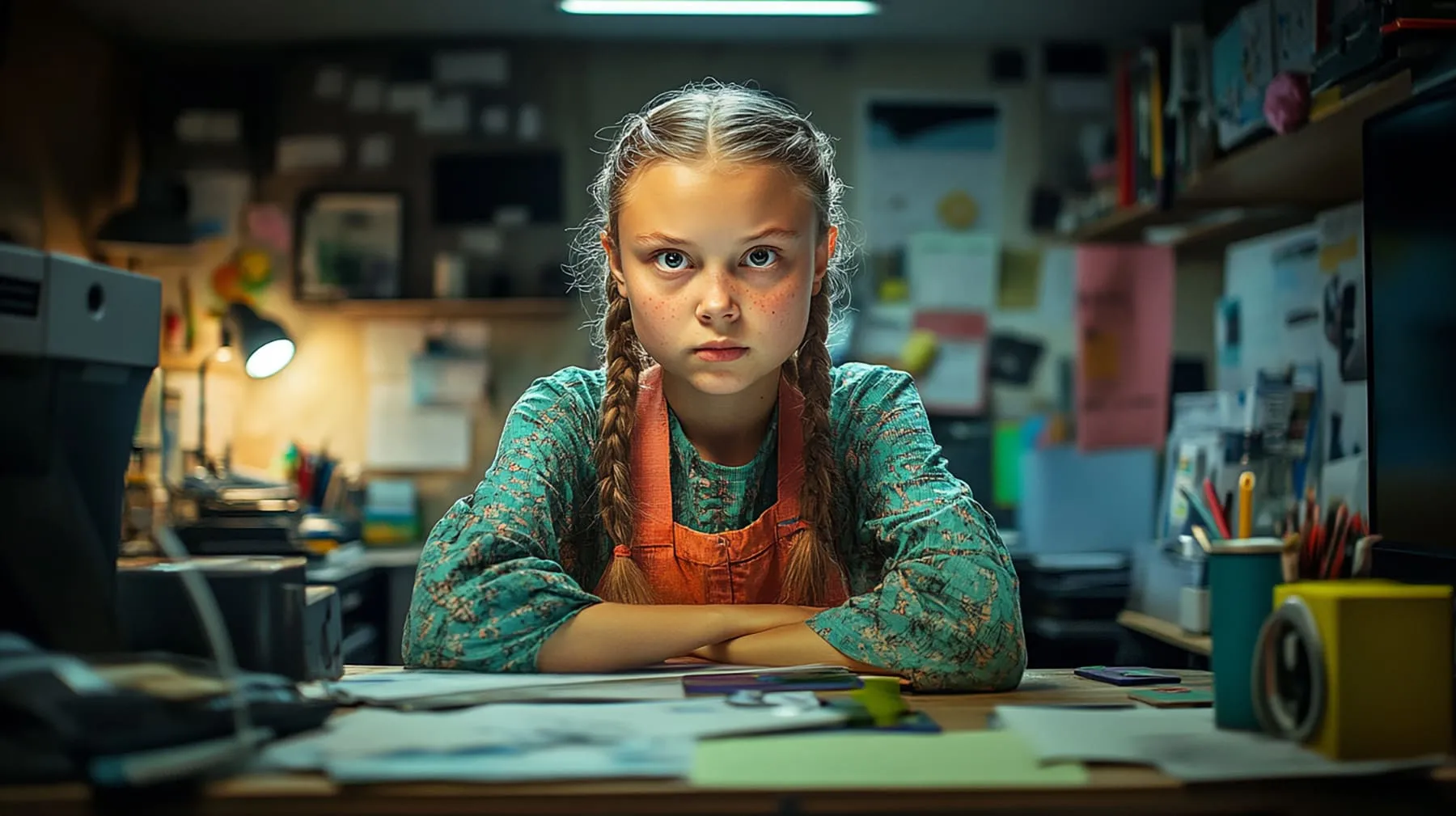
Level 1: From Pixels to professionalism
Imagine an employee who thinks strategically, adapts quickly, works well in a team, and doesn’t give up easily when faced with challenges. You might envision a seasoned leader or a creative problem solver. But what if this person is also a gamer?
Gaming has evolved from a niche hobby to a global cultural phenomenon, shaping how people think, interact, and work. In 2024, the gaming industry was valued at over $200 billion, with over 3 billion players worldwide (Statista, 2024; Newzoo, 2023). The average gamer, now 35 years old, embodies more than just passion—they bring valuable skills to the modern workplace.
Level 2: Skills developed through gaming
What makes gamers such a valuable addition to today’s workforce? Here’s a breakdown:
1. Strategic thinking and problem-solving:
Games like Minecraft and Fortnite challenge players to devise creative solutions, whether building complex structures or coordinating team strategies to achieve success. Studies have shown that action games, in particular, enhance spatial awareness and multitasking abilities (Chakravarti & Chakravarti, 2015).
2. Collaboration and leadership:
Contrary to the stereotype of the isolated gamer, many players thrive in team-based environments. Games like Call of Duty and League of Legends require precise communication and leadership. One study found that 89% of gamers demonstrated strong organizational skills and the ability to manage group tasks effectively (Rubtcova & Pavenkov, 2017).
3. Resilience and Adaptability:
Losing is an integral part of gaming. Whether it’s a failed mission or a lost match, gamers learn to persist, analyze their mistakes, and come back stronger. This resilience is essential in dynamic work environments where setbacks are inevitable.
4. Creativity and innovation:
Building elaborate worlds in Roblox or crafting digital landscapes in Minecraft sharpens creative thinking and problem-solving skills. Gamers who are accustomed to designing and coding within these virtual spaces often excel in roles that require innovation and technical skills.
5. Communication and social skills:
Games with strong community elements foster clear communication and collaboration. Whether organizing a raid in World of Warcraft or coordinating a battle plan in Fortnite, gamers develop concise and effective communication strategies that mirror those used in project management in the real world.
Level 3: Real-World success stories
Consider Sarah, a project manager who credits her leadership skills to organizing guild events in online role-playing games. Or Jake, an IT specialist who honed his problem-solving abilities through strategic gameplay. These stories highlight how gaming doesn’t just entertain—it builds competencies crucial in the workplace.
Final Boss: Embracing Gaming in the Workplace
Rather than viewing gaming as a distraction, companies should recognize its potential to develop practical skills. Implementing game-based learning in training programs and valuing gaming achievements on resumes can help businesses identify resilient and innovative employees.
Gaming is not just a pastime—it’s a training ground for the professionals of tomorrow. The real question is: Are you ready to press ‘Start’ and embrace the potential of gamers in your organization?
Frequently Asked Questions (FAQ)
Game Over or just the beginning?
Want to bridge the gap between gaming and real-world success? Let’s explore how gaming skills translate into business, education, and future careers.
You may also like these articles
Explore our collection of articles decoding youth culture, Gen Z, and Gen Alpha.







